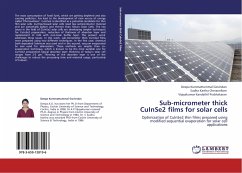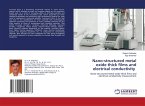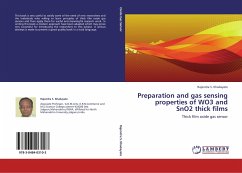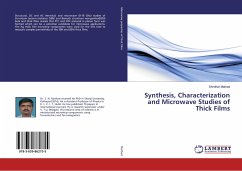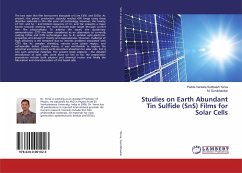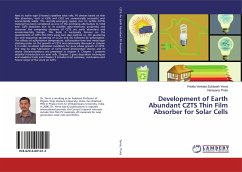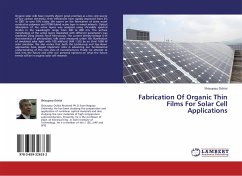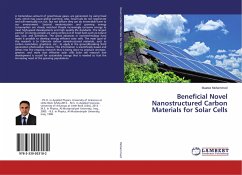The mass consumption of fossil fuels, which are getting depleted and also causing pollution, has lead to the development of new source of energy called Photovoltaics . CuInSe2 is identified as a potential candidate for thin film solar cells. CuInSe2-based solar cells need less semiconductor material and are potentially lighter and thinner than Silicon Solar Cells. The key issues in the field of CuInSe2 solar cells are developing simpler techniques for CuInSe2 preparation, reduction of thickness of absorber layer and replacement of CdS with non-toxic buffer layer. The present work addresses these issues. In this work, sub-micrometer thick CuInSe2 films were prepared using two different techniques. In the first case, chemical bath deposited Selenium was used and in the second, vacuum evaporated Se was used for selenization. These methods are simpler than co-evaporation technique, which is known to be the most suitable one for CuInSe2 preparation.Typical absorber layer thickness of today s solar cell ranges from 2-3 m. Thinning of the absorber layer is one of the challenges to reduce the processing time and material usage, particularly of Indium.
Bitte wählen Sie Ihr Anliegen aus.
Rechnungen
Retourenschein anfordern
Bestellstatus
Storno

